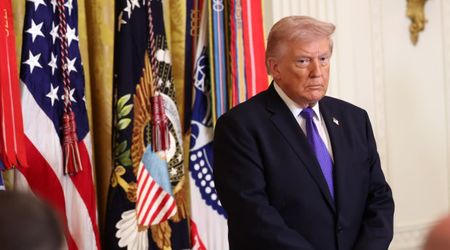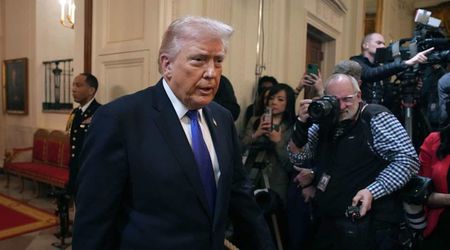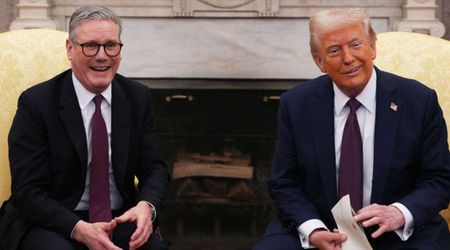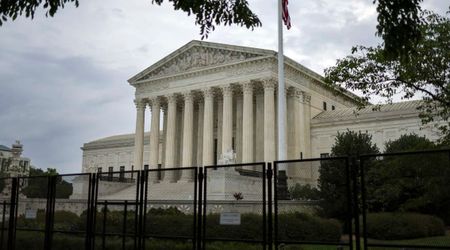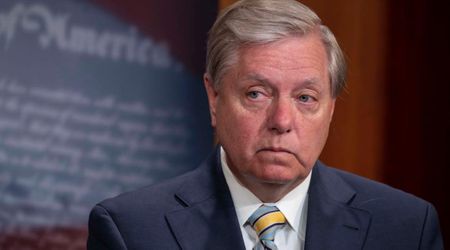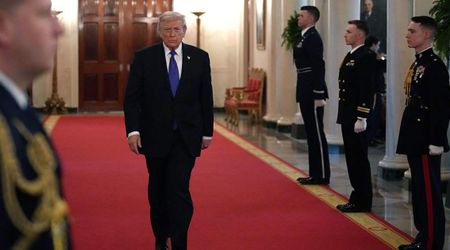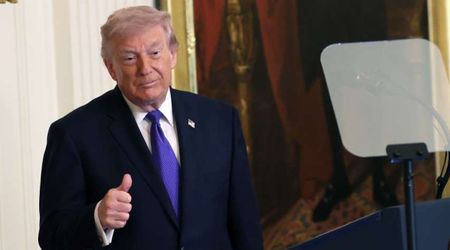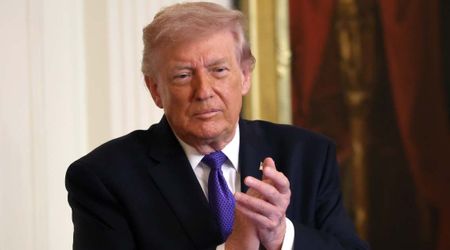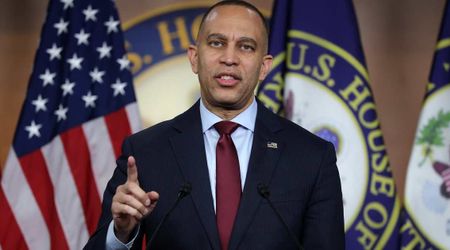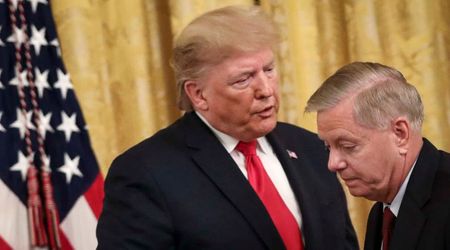‘Missing minute’ in Epstein’s prison video revealed, disputes DOJ’s camera reset explanation
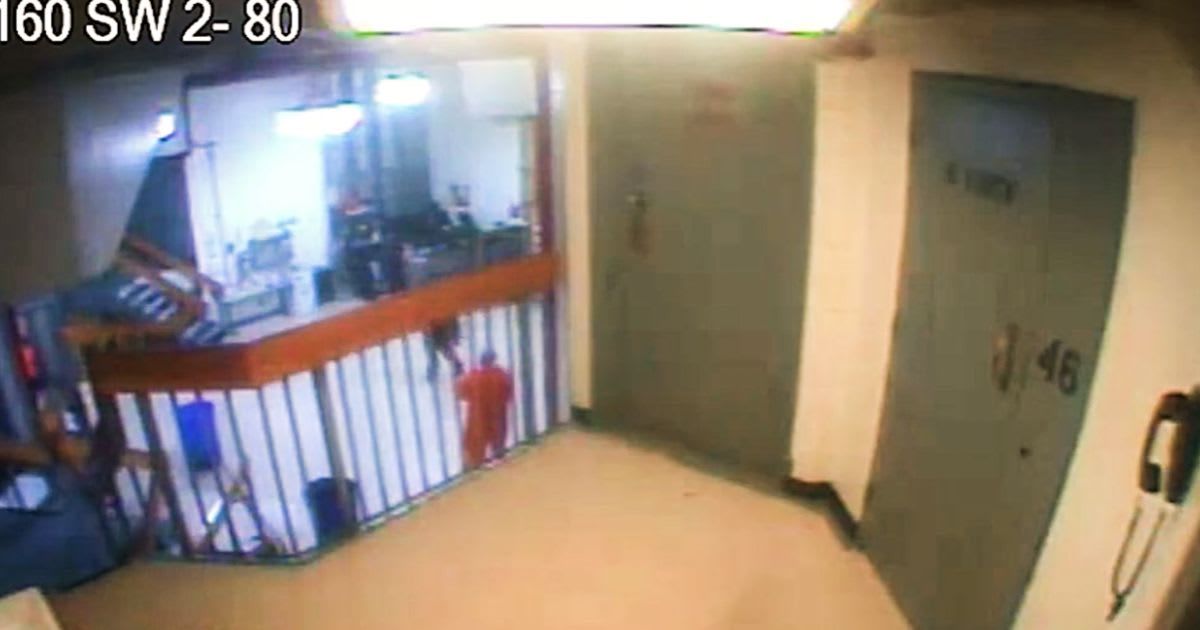
BOMBSHELL: DOJ Caught Deleting 60 Seconds from Newly Released 10-Hour+ Epstein Surveillance Video — Missing Clip Raises Explosive Questions About “Suicide” Narrative
— UNLEASHED.NEWS (@UNLEASHED_NEWS_) July 7, 2025
WATCH FOR YOURSELF:https://t.co/BfdIPdkGx1 pic.twitter.com/VgVMEXuxMf
MANHATTAN, NEW YORK: A new surveillance video released this week has reignited controversy over Jeffrey Epstein’s final hours in a New York prison cell, challenging earlier explanations from the Justice Department.
The footage shows the so-called “missing minute” from outside Epstein’s cell on the night of his death in August 2019, a gap that fueled widespread speculation and conspiracy theories surrounding the disgraced financier’s suicide.
DOJ’s earlier explanation of 'missing minute' under scrutiny
On Tuesday, September 2, the House Oversight Committee made public over 33,000 pages of documents, recordings, and court files tied to Jeffrey Epstein. The full video is available on the Department of Justice’s official website here.
Nothing seems to have taken place during the once-missing minute of footage outside the cell block.

Earlier, critics noted that an 11-hour surveillance recording from outside Epstein's cell block, released in July, contained a one-minute gap between 11:58:59 pm on August 9 and midnight on August 10.
At the time, Attorney General Pam Bondi attempted to downplay suspicions, saying the Bureau of Prisons routinely deletes the final minute of footage during a daily camera reset.
BREAKING: AG Pam Bondi responds to why a minute was missing in the Jeffrey Epstein prison video, Trump says talking about Epstein is a waste of time.
— Collin Rugg (@CollinRugg) July 8, 2025
Reporter: Could you say why there was a minute missing from the jailhouse tape on the night of his death?
Trump: Are you still… pic.twitter.com/uUGH16TW0m
“What we learned from Bureau of Prisons was every night the video is reset, and every night should have the same minute missing,” Bondi said in a meeting at the White House.

However, the newly surfaced recording shows that the system did not delete evidence but rather merged two consecutive clips when the date changed at midnight. The missing section has now been accounted for, with no activity captured during that one-minute window. It remains unclear why the original Justice Department release failed to include the footage, and Bondi has yet to respond to the discrepancy.
Rep Robert Garcia accuses Republicans of misleading public with old Epstein records
The latest document release, which was shared via a public Google Drive, mostly consists of previously available legal filings and records. Democratic Rep Robert Garcia of California, the ranking member of the Oversight Committee, criticized Republicans for repackaging old material under the guise of transparency.
“The 33,000 pages of Epstein documents James Comer has decided to ‘release’ were already mostly public information. To the American people — don’t let this fool you,” Garcia said in a statement, adding, “Oversight Democrats have found that 97% of the documents received from the Department of Justice were already public. There is no mention of any client list or anything that improves transparency or justice for victims.”
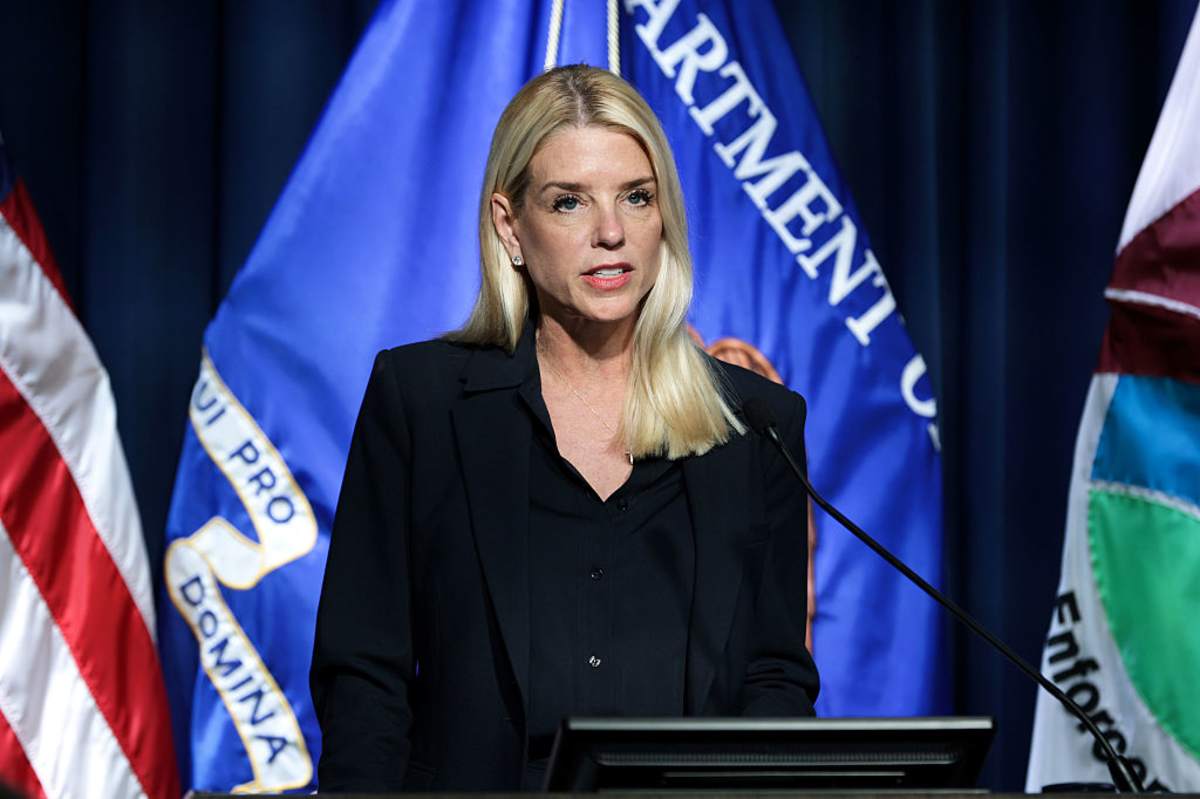
The statement continued, “House Republicans are trying to make a spectacle of releasing already-public documents. Pam Bondi has said the client list was on her desk. She could release it right now if she wanted to. While Comer tries to give cover to Trump by re-releasing public documents, House Democrats are fighting for real transparency. Pam Bondi must comply with our subpoena immediately, and release all of the documents. The American people demand it.”
According to Oversight Committee Democrats, an initial examination found that just three percent of the 33,295 pages provided offered any previously unseen information.
Meanwhile, lawmakers from both parties, including Reps Ro Khanna (D-CA) and Thomas Massie (R-KY), are pushing for a broader mandate that would require the Justice Department to disclose all unclassified Epstein records including those held by the FBI and federal prosecutors.

The Epstein case remains a political flashpoint, particularly for Donald Trump, whose supporters have amplified theories of a government cover-up. The president himself has sought to brush aside the controversy, saying he is puzzled by the public obsession with the files.

